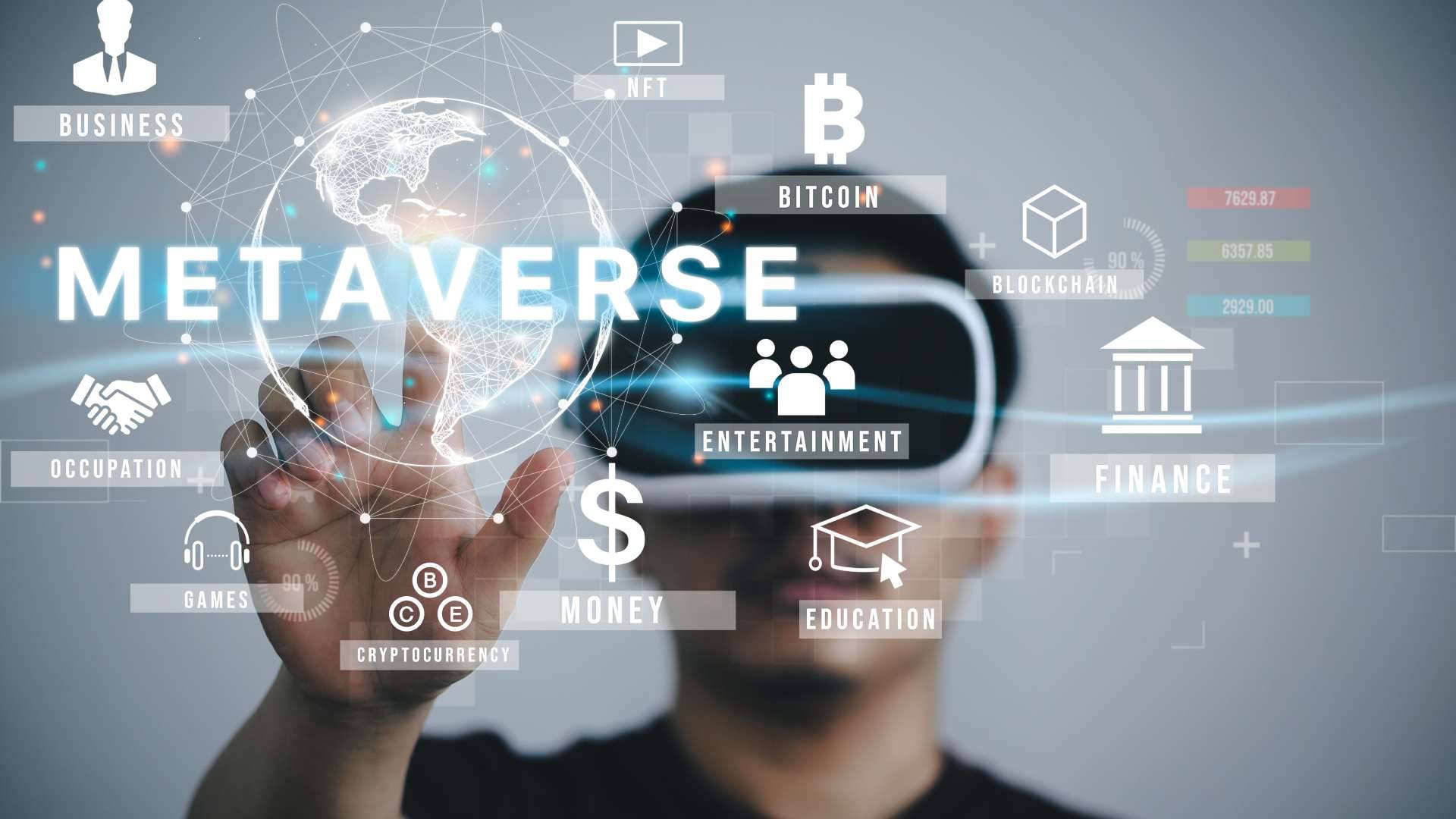
Why companies are developing their own currencies
ARTICLES | Apr 01, 2022
The digital asset industry has gained a lot of interest in the past few years as it evolves into new ideas, products, and services. Digital tokens will also become a key engine in the future metaverse economy.
The $670 million digital asset management market in 2020 is set to grow to around $9.4 billion by 2030, driven in part by the pandemic, according to Allied Market Research. Financial institutions and organizations are therefore adapting to digital.
Entering the metaverse will be a transition of social and economic systems. BrandEssence's research show how, from 2020, digital asset payments are becoming widely accepted.
The global cryptocurrency exchange market in 2022–28 is meanwhile set to grow 22.8% annually.
Top athletes and politicians in many countries have begun to shift their paychecks to cryptocurrencies in another sign of change. Employee payroll systems are also altering.
Many companies, especially large multinationals, are looking to enter the metaverse. Cryptocurrency payment policies such as PayPal and Microsoft have begun to offer employees the option to be paid in cryptocurrencies.
Some companies pay bonuses or retirement savings in crypto. Cryptocurrency companies such as BitWage have been working on paying employees with Bitcoin since 2013, for example.
Many companies have come up with the idea of creating their own digital currency. Pilot programs let employees use corporate currency for food and beverages. Feasibility studies may then lay the groundwork for employees to adapt to the changes.
Paying employees with crypto could be another sign of intent and preparation to enter the digital economy in a metaverse world.
Implications for the future:
- Cryptocurrency will become a key driver in the metaverse economy by seamlessly connecting the real and virtual wallets of each platform.
- Businesses that want to lead in the metaverse need HR planning, especially the management of compensation and benefits for employees aligned with how people will use money, to attract high-potential workers who are likely to work with multiple organizations.
- Investing in the digital economy within an organization requires a thorough study. Careful and realistic organizational objectives must be developed under the supervision and guidance of regulatory bodies. What are the real aims of implementing the digital economy or a digital currency? Compared with the issuance of NFT or stablecoin, if the issuance of such digital currency is not exploited or does not create a broad economic engine, it may lead to losses.
- Government agencies should focus on flexible and comprehensive regulations to keep up with changes in social and economic conditions.
Information from: https://cnn.it/3LxmEuH, https://bit.ly/3qSXBul, https://bit.ly/3iXI2x7
Want to know more about us, click www.futuretaleslab.com and https://www.blockdit.com/pages/6184ec3b07f0660cad381cf9.











